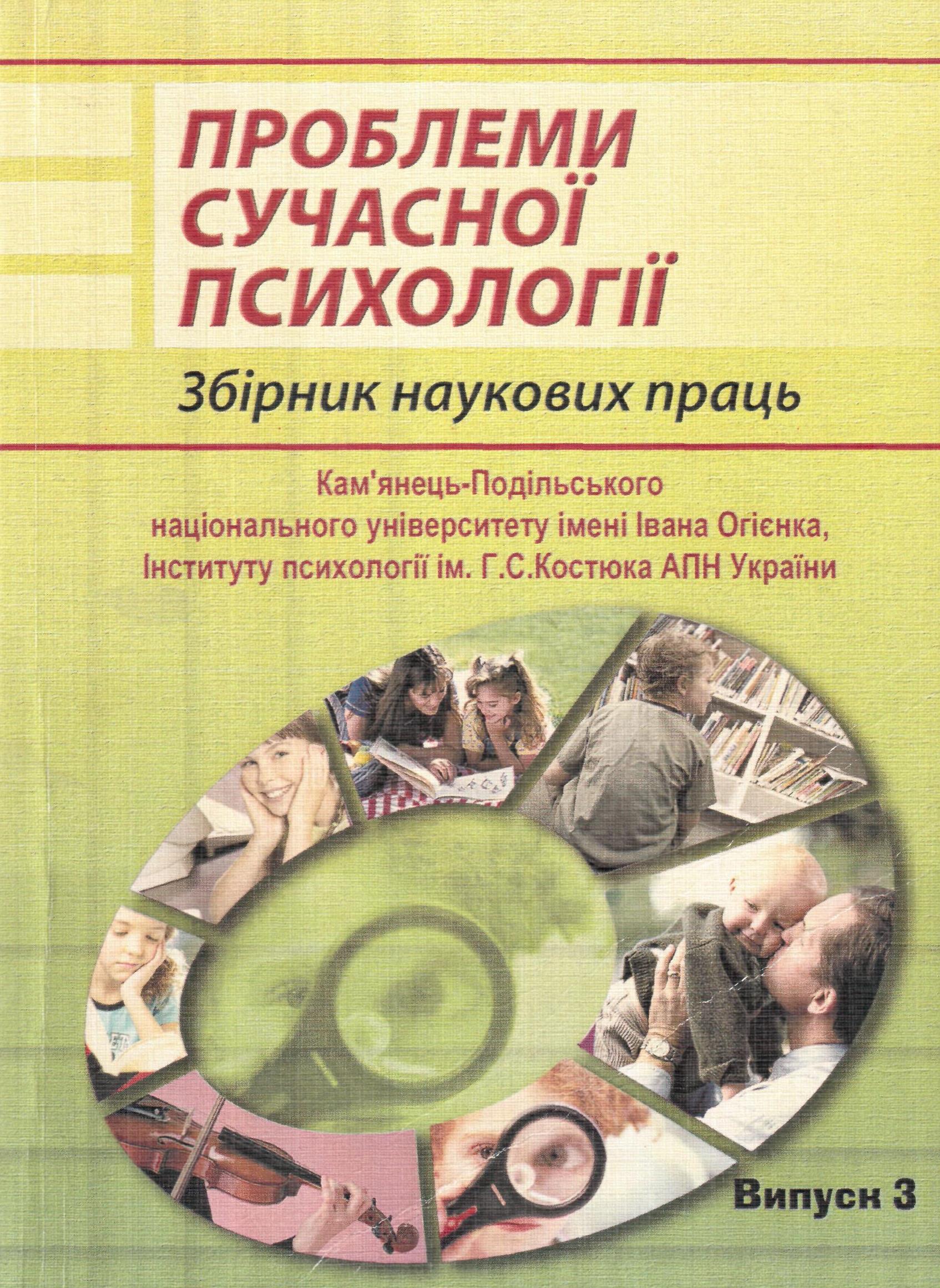Особистісна зорієнтованість освітнього процесу як вирішальний фактор його гуманізації
DOI:
https://doi.org/10.32626/2227-6246.2009-3.%25pKeywords:
особистісна зорієнтованість, освітній процес, гуманізація навчання, диференційоване навчання.Abstract
Стаття присвячена питанню особистісної зорієнтованості
освітнього процесу. В основі процесу навчання знаходиться дитина,
установка робиться на її особистий інтелектуальний і духовний
розвиток, що є базою для планування програм та завдань.
References
Бех І.Д. Психологічна суть гуманізму у вихованні осо
бистості // Педагогіка і психологія. – 1994. – № 3. – 108 с.
Выготский Л.С. Проблема обучения и умственного
развития в школьном возрасте // Педагогическая
психология. – М., 1991. – 252 с.
Гильбух Ю.З. Дифференциация в начальном звене. –
К., 1996. – 54 с.
Занков Л.В. Избранные педагогические труды. – М., 1990.
Знанецки Ф. Методологические и теоретические проблеми
психологии. – М.: Наука, 1984. – 444 с.
Костюк Г.С. Избранные психологические труды. – М.:
Наука, 1988.
Нийт Т. Общие тенденции в развитии теорий о взаимо
отношениях человека и сферы // Человек. Среда.
Общение. – Таллин, 1980.
Сковин Е.В. Обьединение школьных модулей. – М.,
– 86 с.
Теплов Б.М. Проблемы индивидуальных различий. –
М., 1961. – 25 с.
Фурман А.В. Принцип модульності в освітній практи
ці // Рідна школа. – 1995. – № 7 8. – С. 80.
Якиманская И.С. Личностно ориентированное обу
чение в современной школе. – М., 1992. – 95 с.
Downloads
How to Cite
Issue
Section
License
Copyright
The Editorial Board has the full right to publish original scientific papers containing results of theoretical and experimental research works which are not currently subject to review for publication in other scientific editions. The Author shall transfer to the editorial board of the Collection the right to spread the electronic version of the paper, as well as the electronic version of the paper translated into English (for papers originally submitted in Ukrainian and Russian) by all kinds of electronic means (placement at the official website of the Collection, electronic databases, repositories etc).
The Author of an article reserves the right to use materials of the paper, without approval with the editorial board and the founders of this Collection: a) partially or fully, for educational purposes; b) for writing own dissertation papers; c) for preparation of abstracts, conference reports and presentations.
The Author of an article can place electronic copies of the paper (including the final electronic version downloaded from the official website of the Collection) at:
- personal web resources of all Authors (websites, webpages, blogs etc.);
- web resources of the institutions where the Authors are employed (including electronic institutional repositories);
- non-profit public access web resources (for example, arXiv.org).
But in all cases, it is obligatory to have a bibliographic reference to the paper, or a hyperlink to its electronic copy placed at the official website of this Collection.






